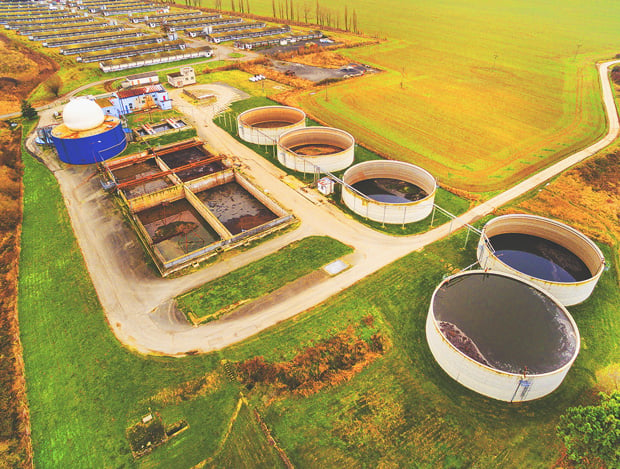FWW Pushes for Monitoring at Factory Farms Across the Country
Published Oct 23, 2024

We won a suit of national importance against EPA for its lax permitting of factory farms in Idaho, and now we’re working to implement it across the country.
For decades, factory farms have been polluting lakes, rivers, streams, and groundwater in communities across the country. We know this from the fish kills, contaminated drinking water, harmful algal blooms, and other water quality impairments that these communities observe and live with daily. But the Clean Water Act, our bedrock federal environmental law to protect our waterways, says that factory farms are strictly prohibited from discharging pollution and causing these harms. How can this be?
The answer is that factory farms have long received special treatment from federal and state regulators. The Clean Water Act limits pollution discharged into waterways through permits that impose restrictions on what a facility may discharge. But unlike every other industry, water pollution permits for factory farms have not required monitoring to determine if a facility is actually complying with those restrictions. This has allowed factory farms to pollute with impunity while claiming to be “no discharge” operations.
Monitoring is a cornerstone of the Clean Water Act. Once citizens and regulators know if a polluter is violating its permit, they can take an enforcement action and require it to reduce its pollution. This tool is essential to holding factory farms accountable — without it, the strict restrictions in factory farm permits are largely unenforceable then therefore meaningless. That’s why we’re fighting back in court and winning to require comprehensive, effective pollution monitoring in factory farm permits.
In 2020, we sued EPA with our partner, Snake River Waterkeeper, in the federal Ninth Circuit Court of Appeals for issuing a permit for Idaho factory farms that didn’t including monitoring. We argued that all Clean Water Act permits must include monitoring — factory farms do not get special treatment under the law.
The court agreed and sent the permit back to EPA to add monitoring because there was no way to know whether a factory farm was violating the Clean Water Act without monitoring in place. EPA reissued a general permit for factory farms in Idaho that includes monitoring provisions necessary to ascertain whether a permitted factory farm is actually “zero discharge.” While not perfect, EPA’s rewritten permit is an important step in the right direction toward holding factory farms in Idaho accountable.
But this is a national problem. Throughout the country, there are thousands of factory farms that produce vast quantities of waste laden with pollutants like fecal pathogens, nitrogen, phosphorus, pharmaceuticals, and heavy metals. It’s hard to wrap your head around just how much animal waste factory farms in the U.S. produce: 941 billion pounds every year. And factory farms do not responsibly manage that nearly 1 trillion pounds of waste — quite the contrary, they store it in leaky impoundments and then dump it on nearby fields as cheaply as possible. Leaching and runoff into waterways is business as usual.
So, we’re working to ensure that regulators in other states follow suit and issue factory farm permits that hold these polluters accountable through effective pollution monitoring. We’ve already challenged factory farm permits in Washington State, Colorado, and Montana, and we won’t stop until factory farms across the country are held accountable.
And we’re continuing to win. A Colorado administrative law judge ruled in our favor, finding the state’s permit unlawful. But the Director of Colorado’s Department of Public Health and Environment rejected the judge’s determination and instead claimed that no monitoring is necessary, doubling down on the state’s illegal permit. The state agency is getting support from the Colorado Livestock Association to resist commonsense monitoring that would provide accountability. We’ve taken them both to state court.
In Washington, a state court of appeals had already held that monitoring is a necessary component of its factory farm permit. But state regulators issued a permit without sufficient monitoring anyway. So, we took them to court and won. The Washington Department of Ecology is now rewriting the permit to require monitoring at all permitted factory farms in the state.
We are also fighting to win the same progress in Montana, where we’ve taken the Montana Department of Environmental Quality to court because the state has refused to include the commonsense monitoring that even EPA now accepts is necessary. The Montana Stockgrowers Association is attempting to intervene in the case to prop up the state’s lax, ineffective permit…I wonder why?
We will continue fighting for monitoring of factory farm pollution across the country so that we can protect our lakes, rivers, streams, and drinking water. And we will continue to win. Because a livable future depends on it.
Enjoyed this article?
Sign up for updates.
TO TOP


